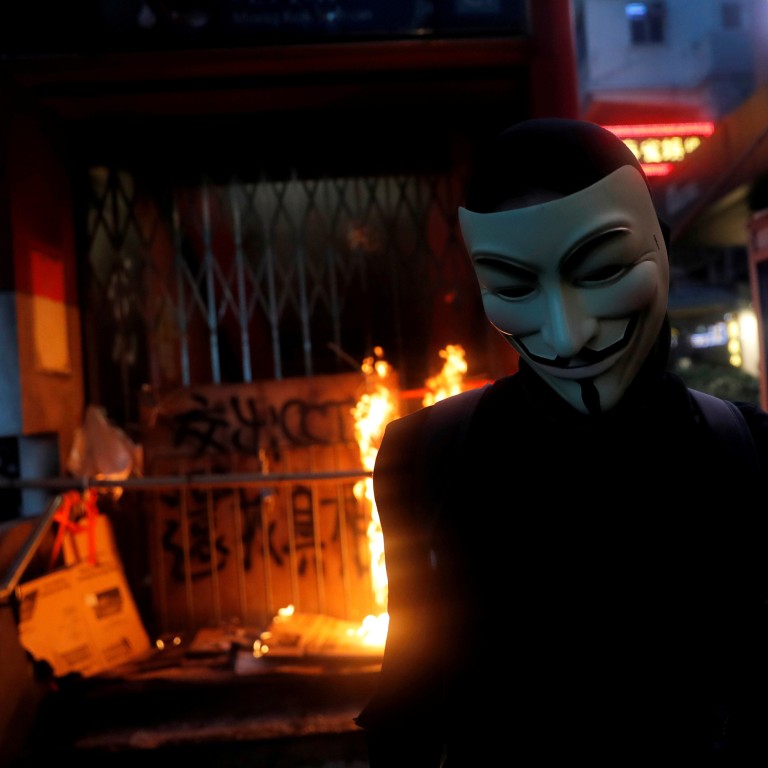
Anti-mask law calls for greater clarity
- There is a need for the Hong Kong public to have a clear understanding of the emergency measure and the way in which it is to be applied by police
There have been mixed messages from government officials. Secretary for Security John Lee Ka-chiu suggested journalists are exempted. Later in the week, a senior police officer said they were not. There have been reports of a journalist’s mask being removed by police after tear gas had been fired. There are also concerns about the law’s impact on those wearing masks for health reasons.
‘Extremely necessary’: Beijing backs Hong Kong’s mask ban
Under the mask law it is a crime to wear a face-covering likely to conceal your identify at public meetings and processions. The ban also applies to unlawful and unauthorised assemblies. It is a defence if you have a lawful excuse for wearing a mask, such as for your job or religious or health reasons. But the defence only applies to those who have been charged. This raises a concern that anyone wearing a mask at the scene of a protest is liable to arrest and prosecution. They will not be able to raise their reasonable excuses until they get to court. Police can require anyone to remove their mask, at least temporarily, for an identity check at any time. It is a crime to refuse.
A police pledge not to use the ban to interfere with the work of journalists who are clearly identified is welcome. But the test will come during protests. A restrained approach is needed from police so that the freedom of the press is respected. However it is not just those from the media who are affected. There is a need for greater clarity generally. The use of a colonial-era emergency law for the first time since 1967 was a drastic step. The mask ban initially sparked further violent protests. The hurried introduction of the law and the lack of legislative scrutiny make it all the more important that a sensitive and sensible approach is adopted to its implementation.

